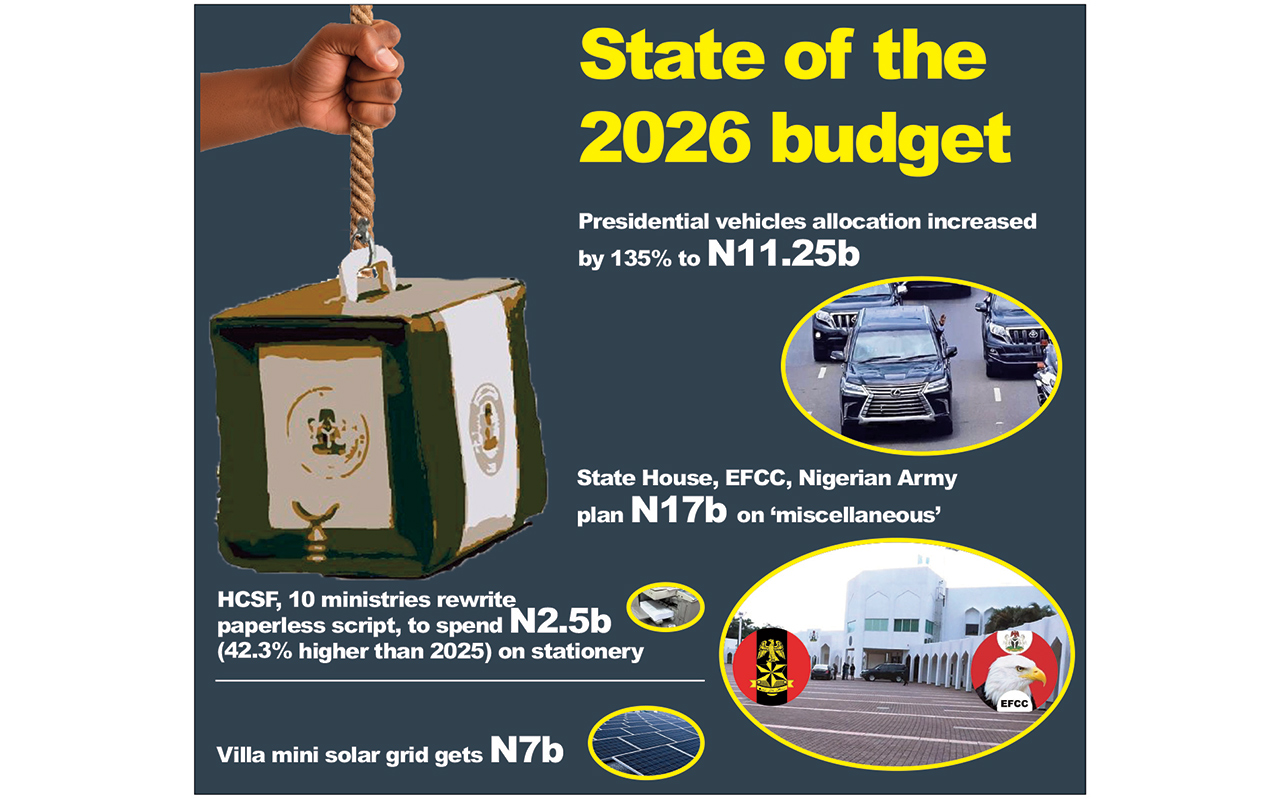The Federal Government has dismissed the fear of repression of labour unions under the National Industrial Relations Policy (NIRP) 2025.
The President of the Nigeria Labour Congress (NLC), Joe Ajaero, had issued a statement condemning the policy, saying the move is targeted at opposing voices within the industrial space.
In his response to the claim, the Minister of Labour and Employment, Muhammad Dingyadi, assured that the NIRP would bring numerous benefits to Nigeria, listing improved industrial harmony, enhanced productivity and protection of workers’ rights as expected benefits.
The minister noted that the policy is the culmination of several engagements of government, represented by the Federal Ministry of Labour and Employment, organised labour, represented by the Nigeria Labour Congress (NLC) and Trade Union Congress (TUC), and employers, represented by the Nigeria Employers Consultative Association (NECA).
According to Dingyadi, the engagements spanned nearly seven years and the final draft of the NIPR policy was validated by the stakeholders in December 2024.
He highlighted the benefits of the policy to Nigeria, including improved industrial harmony by reducing industrial disputes and promoting stable labour relations nationwide, leading to more predictable, peaceful, and structured labour relations across sectors.
The Minister explained that by ensuring smooth workplace operations and strengthening tripartite cooperation between government, employers, and workers, the policy is projected to boost productivity and strengthen investor confidence in Nigeria’s labour environment.
He expressed high optimism that the policy will align Nigeria’s industrial relations practices with global benchmarks, particularly those of the International Labour Organisation (ILO), making the country more competitive and attractive to domestic and foreign investments.
Speaking further, Dingyadi insisted that the policy would lead to enhanced social dialogue, since it emphasises the importance of social dialogue in resolving conflicts and building consensus among stakeholders, including regular
consultations and negotiations between the government, employers and trade unions.
He said: “The NIRP ensures the protection of workers’ rights, including fair wages, safe working conditions, and the right to collective bargaining, while also addressing issues like gender equality and non-discrimination.”






